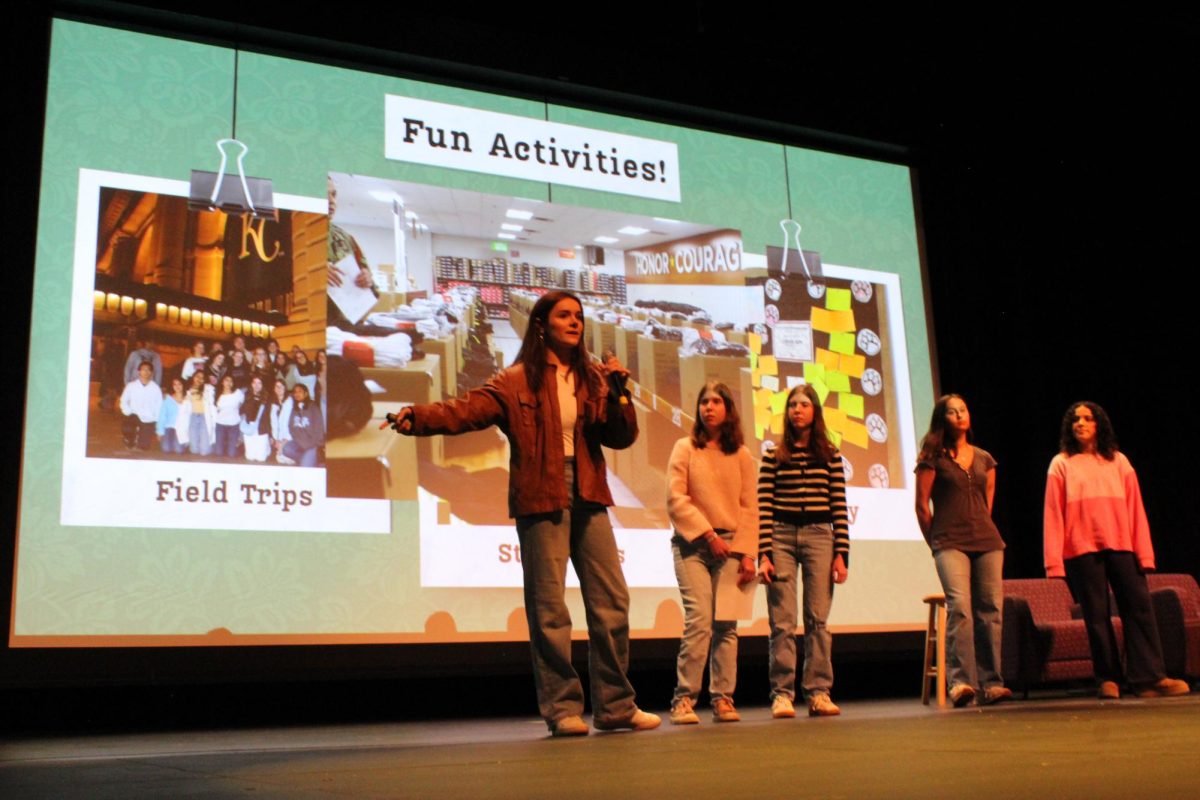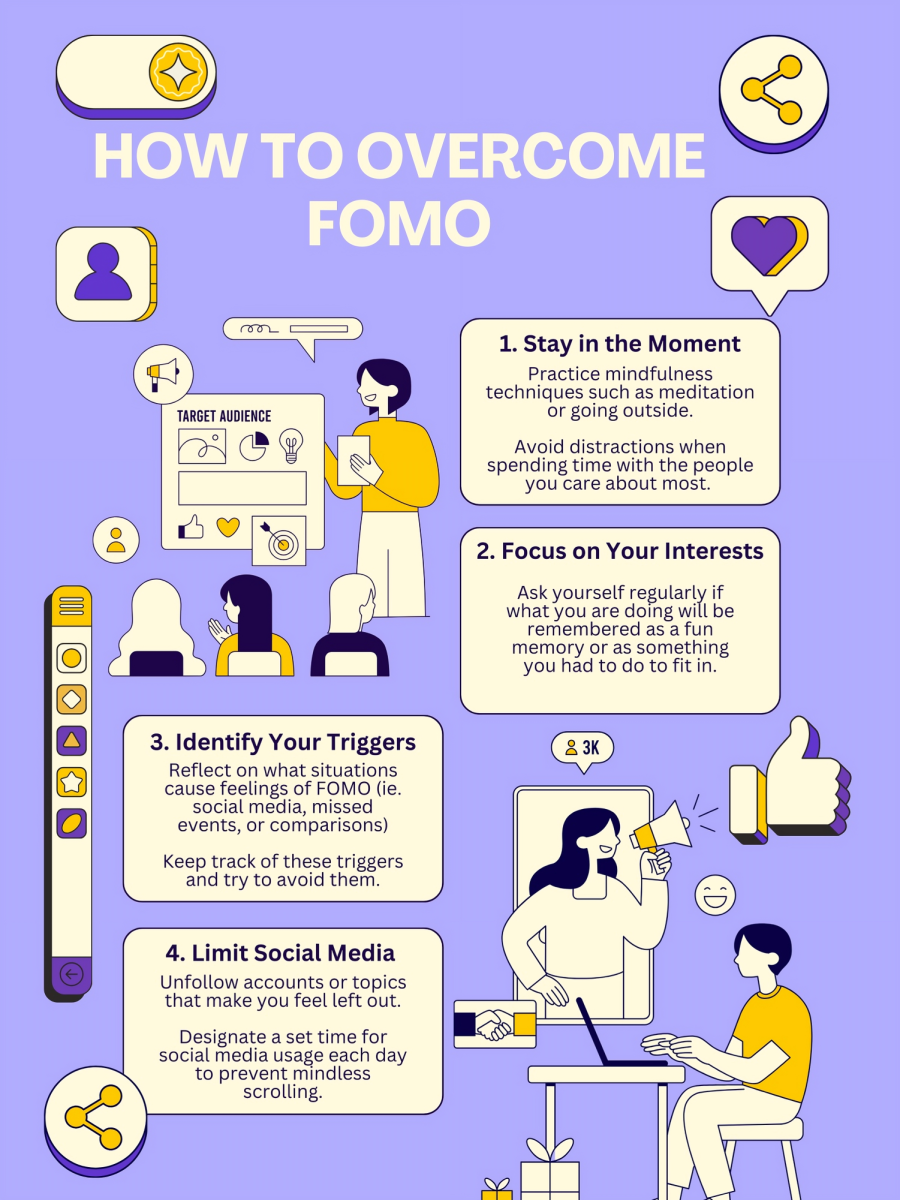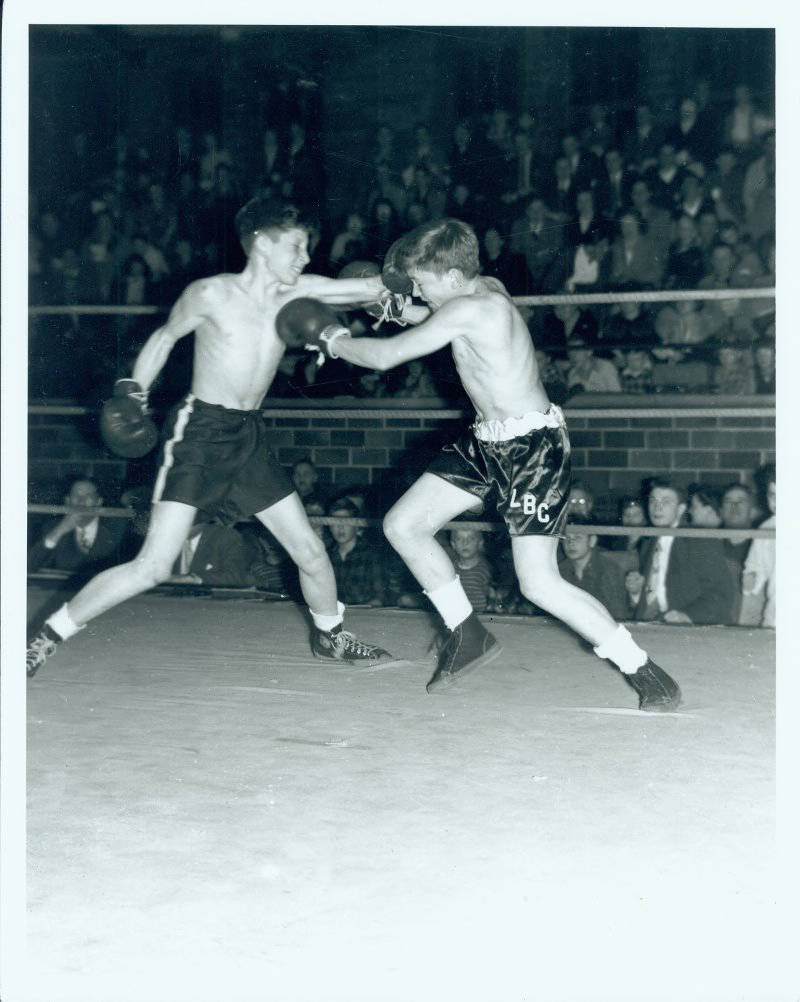Sorry, the page you are trying to access “is not currently accessible.” This may be because it is not known by the filter, or it violates District 128’s Acceptable Use Policy. Sure, just hit refresh, maybe this time it will work. Nope. Sorry. The page you are trying to reach is still currently not accessible.
As students may eventually find out, LHS filters and blocks certain sites through the school internet networks. According to the LHS IT department, filtering is done through a company called Lightspeed Networks, a company that does website filtering for many schools and businesses.
When a blocked page pops up on a Chromebook, it either shows up as an error page, or it displays a message from Lightspeed Systems indicating what category this website is placed in and an option to submit the website for review.
According to Mr. Temple Murphy, head of the LHS IT department, the most common categories of blocked websites that are stumbled upon are the unknown websites and park websites. Park websites are mostly useless domains anyone can create, but it is not immediately known if these sites include viruses or not, which is why they are blocked.
If a student feels strongly enough about having access to a website that cannot be viewed, they can put in a request for the website to be reviewed. The student can submit their email address, along with a reasoning of why they believe the specific website should be accessible. However, these requests do not go to LHS’s tech department; instead they go directly to Lightspeed Systems.
“It doesn’t come to our office because we get so many of those per day, we’d have to spend an hour or two a day sifting through sites,” explained Mr. Murphy. Instead, when the domains are sent over to Lightspeed systems, people on the Lightspeed review team sort through them.
The reviewing process must happen rather quickly at Lightspeed, since many sites can be on time sensitive schedule where they must be available to be viewed at in a certain time.
“At the top of each hour, all sites submitted for that hour are loaded in our review queue,” Ms. Merleen Johnson, the Director of Community Engagement at Lightspeed Systems, explained via email. “Domains with reasons/email addresses are the first ones reviewed. Sites with no reasons/addresses are the last to be processed.”
When the review team is looking at submitted sites, they keep in mind who it was that submitted them and the reasons they gave for review. For example, teachers and businesses may have different needs for a specific website than a student would. Once a site has been unblocked, it becomes accessible for everyone who is a Lightspeed user, Ms. Johnson said.
Once reviewed, all of the sites will be given verification that either they have been looked at but their visibility status remains unchanged, or that they have been moved into a different category where they will now be accessible by Lightspeed System users.
The overall process of reviewing and clearing the queue usually takes around an hour, and the databases of accessible websites are updated every 35 minutes. A finalized copy of the database is updated every night.
“Then, every couple hours we get a fresh copy of that, of those database changes, and they go back into our filtering system,” said Mr. Murphy.
In some instances, the LHS tech team can go in and manually allow websites to be accessible. This usually happens with domains that are created and need to be viewed right away by the LHS general public, for example, wildcatsfootball.org when it was created. If sent to the filtering company, people would be getting blocked from the site for nearly an hour before it was reviewed and processed by Lightspeed.
While the LHS tech team usually may not be the ones to take care of these access requests, they still keep a log of every website submitted for review.
In addition, for the safety and privacy for students, schools and libraries, including LHS, must adhere to The Children’s Internet Privacy Act (CIPA), which requires internet filtering in order to receive certain funding from a School and Libraries Program of the Universal Service Fund.
While it may seem that many sites students try to visit are blocked, according to Mr. Murphy, LHS is very lenient on what is or is not blocked from student access compared to other schools. There are four main categories that are blocked, which are gambling, pornography, violence, and suspicious sites. All of these fall under the bigger category of graphic adult content.
Yet, not all graphic adult content can be blocked because some common sites, such as YouTube, are also categorized under this. While YouTube can contain some questionable content if searched for, it also greatly helps students’ education, which is why it is kept as accessible Mr. Murphy explained. All forums, chat, and communication services are also kept open, while many other schools close them.
“We want to make sure we have a good balance of filtering but also not overblocking because if you are overblocking, it is just as bad as filtering,” said Mr. Murphy.
(Updated 4/14/16)




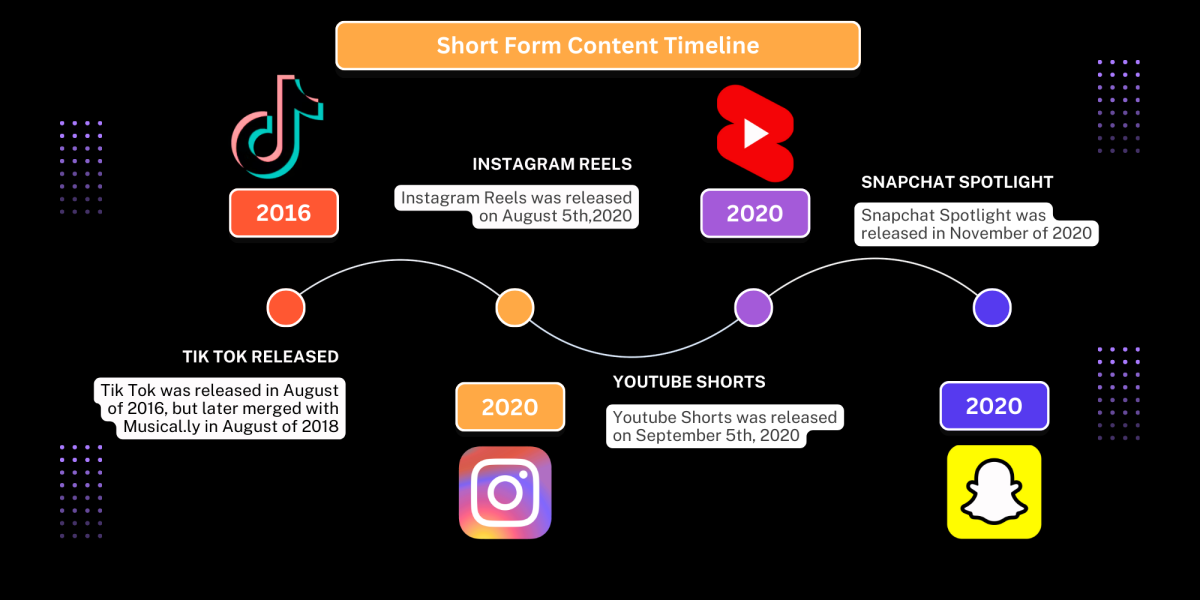
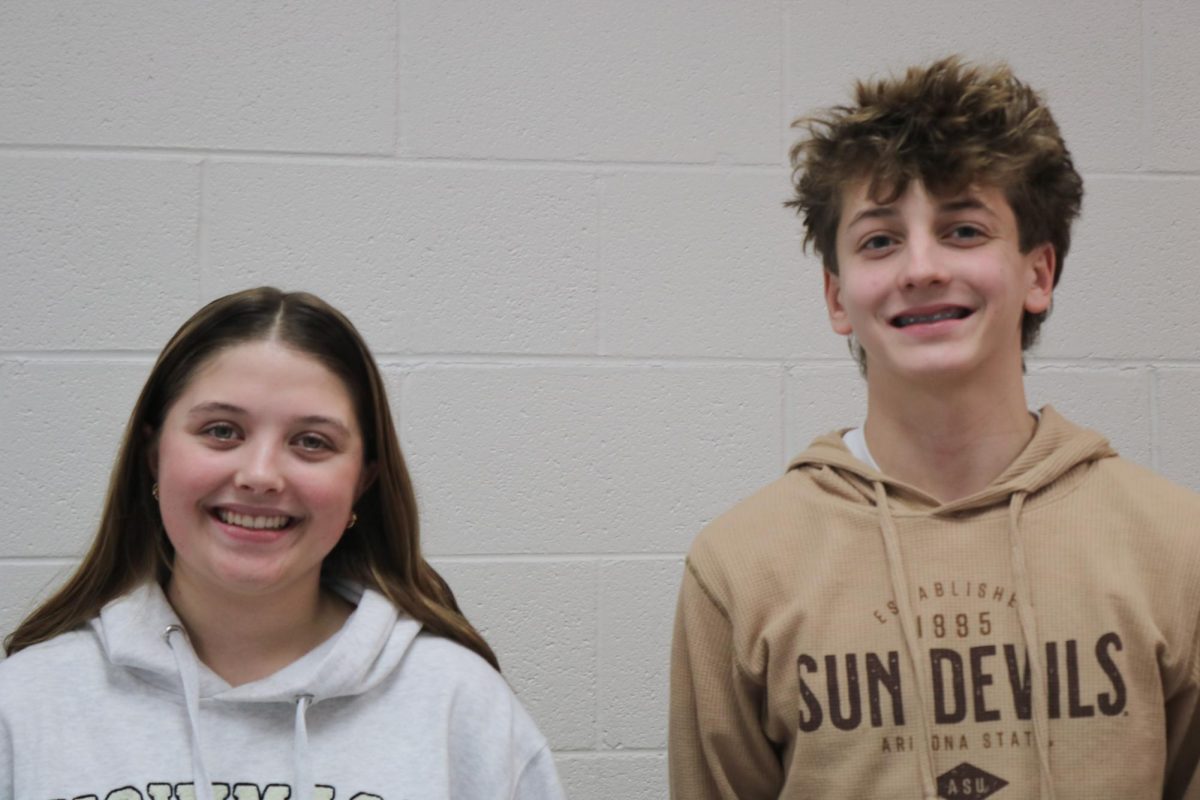
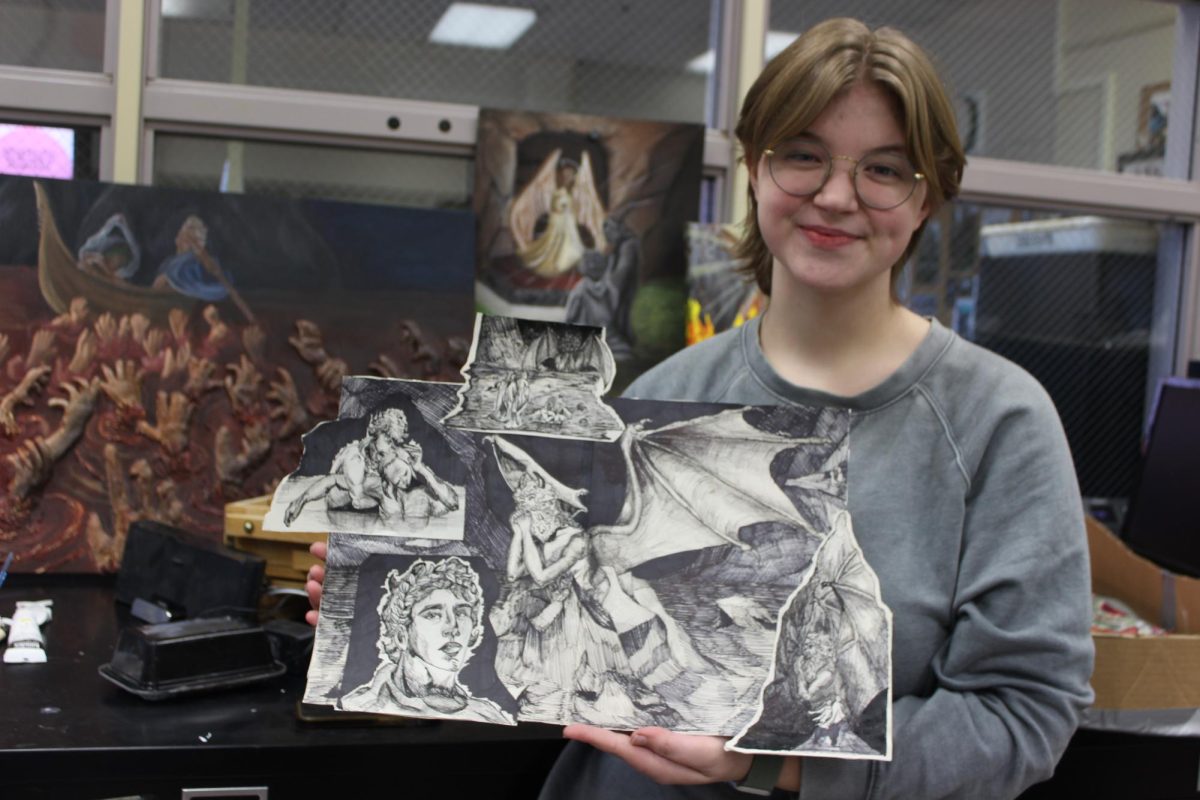
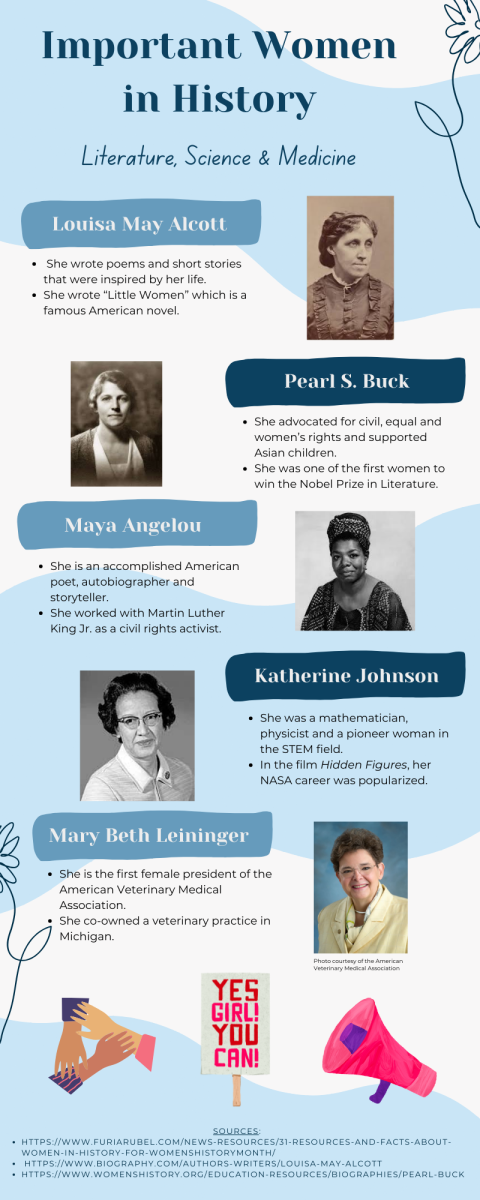
![Senior River Thompson joins the Jazz Ensemble by singing “That Old Black Magic” by Mercer and Arlen Arr. Mark Taylor, along with senior Annie Brody on guitar and junior Thomas Teixeira on bass, earning big applause. “[The concert had] great energy because it's the last [jazz concert] of the year,” Brody said.](https://www.lhsdoi.com/wp-content/uploads/2025/04/Eight-That-Old-Black-Magic-1200x800.jpg)
![Mr. Abullh Ali, manager/assistant, helps open Queen Yemeni Coffee in downtown Libertyville at 606 North Milwaukee Ave. With the help of employees such as manager and LHS senior Yousef Taha, they are able to bring the Yemeni and Ethiopian culture to Libertyville by using their Queen spices, cinnamon and cardamom in their drinks such as Adani Chai, which is inspired by Sheda, the Queen of Yemen and Ethiopia. “The history of our coffee [is] a long history and we believe that Yemen and Ethiopia started the coffee and we are bringing something unique to the community,” Mr. Ali said.](https://www.lhsdoi.com/wp-content/uploads/2025/04/Photo-1-1200x800.jpg)

